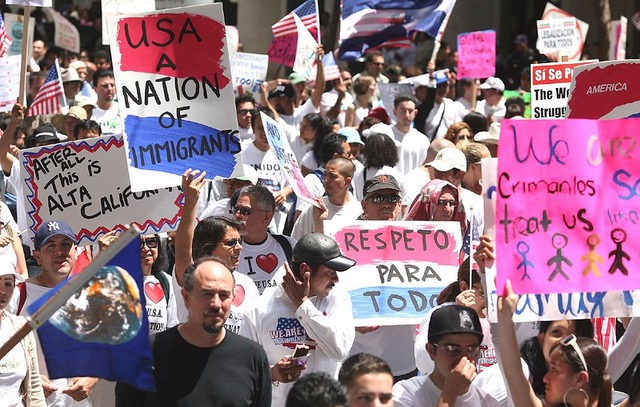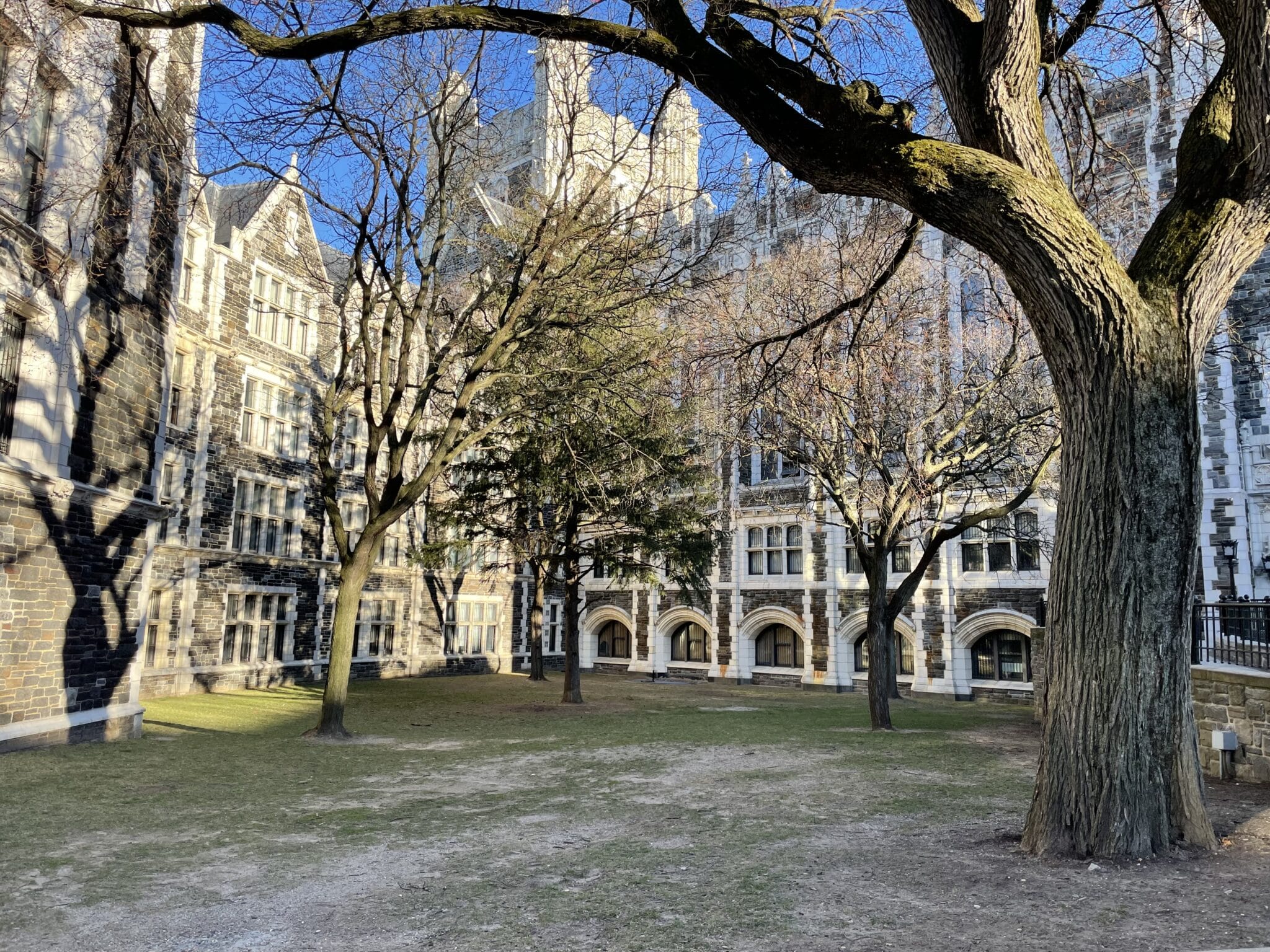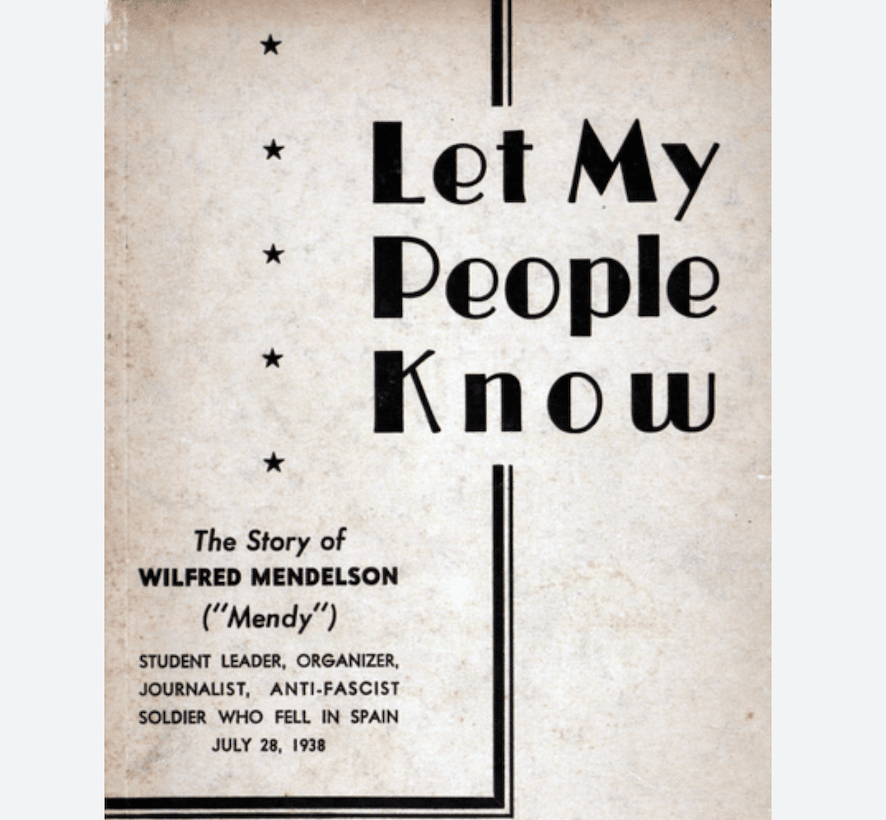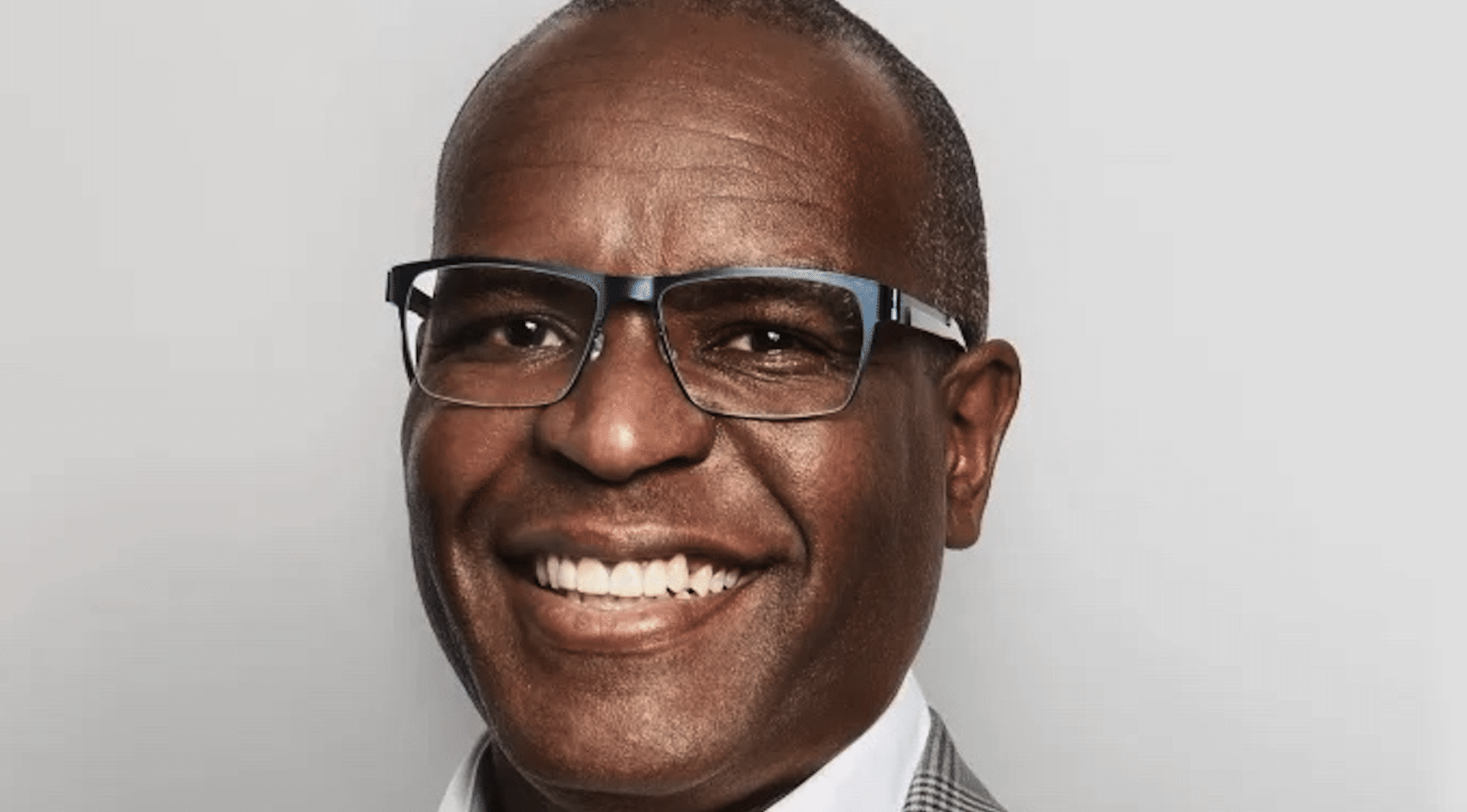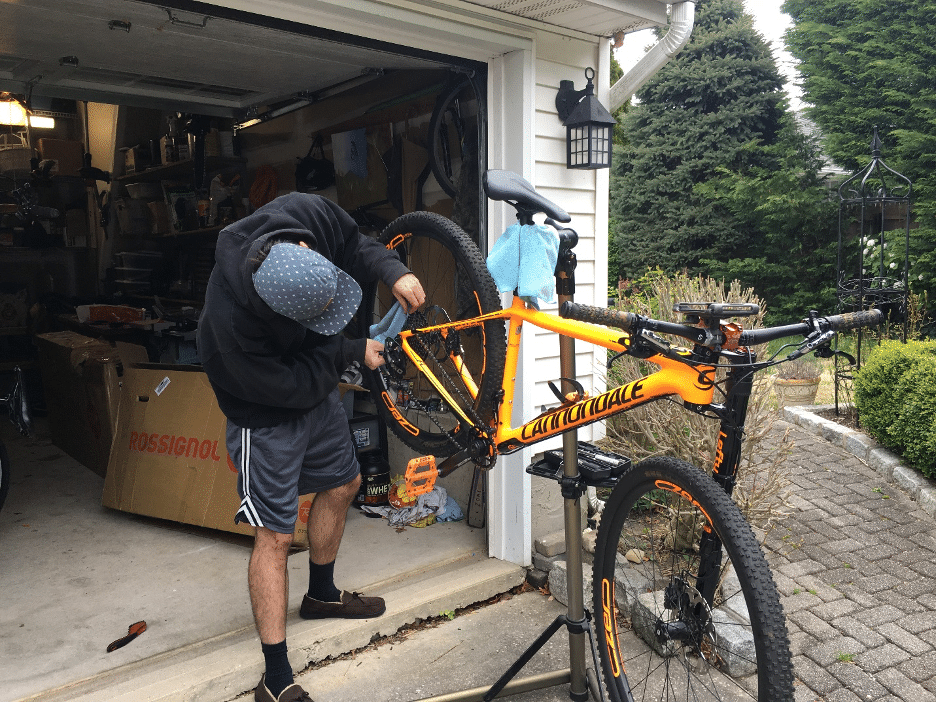My father is Puerto Rican and my mother is Dominican and Colombian and I am proud of my cultural heritage. I love that I’m as mixed as a vanilla and chocolate ice cream cone as it melts in the summer sun. But growing up, I watched family members hide their background and their color to blend in with white America.
My family has worried about discrimination for generations. My father emphasized the importance of speaking “proper” English so we would be equal to white Americans. He believed our light skin and English fluency would allow us access to better educations and job opportunities. My paternal grandfather, who was lighter-skinned than my grandmother, applied for an apartment in the East Village in the 1950’s to increase the chance of acceptance because he feared my grandmother would ruin the opportunity with her dark skin. My maternal grandfather, who was Colombian with fair skin, never took my mother and her siblings to rental viewings because they were darker than him.
It is time for Latinos to throw out the notion that the White label will save our lives. We need to step up and acknowledge who we are. It is imperative to support the African-American community and our Afro-Latino counterparts to demand equality in the United States. Funding in low-income communities and an end to discrimination depend on the acknowledgement of our African and Native Indian roots.
I understand why my family fears discrimination. For centuries, Spain and the United States have encouraged Puerto Ricans to choose “white.” Mejorar la raza, a popular phrase in Latin American countries, suggests light skin is more desirable than dark skin. But it is an idea that many Latinos need to unlearn if we want to end discrimination.
The protests against racism and police brutality after the murder of George Floyd brought all the racial denial in the Latinx community out into the open. They, like my family, fear being treated unfairly. In the 2010 census, 2.5 million Americans who had marked Hispanic and “some other race” in the 2000 census changed their answers to Hispanic and “white.” They felt the pressure to pick a specific race because the 2010 census form stressed that Hispanic ethnicity is not a race. The White label creates an illusory threshold that Latinos will never reach.
Anyone who represents the White label needs to “reject their racial identity” to take a “big step towards becoming human,” said Alistair Bonnet in an article for the Journal of Ethnic and Migration Studies. The professor of social geography at Newcastle University points out that racial labels were created in colonial America to remind non-Whites of their “rightful” place in New America. To be labeled White is to not face the challenges that non-whites have, to not experience oppression and not be silenced. But New America is a melting pot.
The diversity of people in the protests offers hope that we can embrace who we are without fear. We have to “get to a place where discrimination is no longer a factor in the lives of people of color, that their treatment would be something to be expected,” said Eric Holder, former U.S. attorney general, in a town hall on racial justice and police reform.
It is up to us to embody our non-white roots because federal funding and research projects rely on accurate census data. Policymakers use these statistics to allocate billions of dollars to communities that need it the most for schools, hospitals, and government assistance. Non-whites account for most of the poverty rates in the U.S. Twenty-four percent are American Indian, twenty-two percent are Black, and nineteen percent are Hispanic, according to the Kaiser Family Foundation.
Underprivileged communities are counting on us to truthfully participate in the 2020 U.S. census. The support is crucial now because it will last for the next ten years. Denial and fear will only hold us back. The White label is not a safe haven.
Tags: Alistair Bonnet Colombian heritage cultural racism diversity Dominican heritge Journal of Ethnic and Migration Studies Kaiser Family Foundation Latino LatinX light skin Puerto Rican heritage racism U.S. Census
